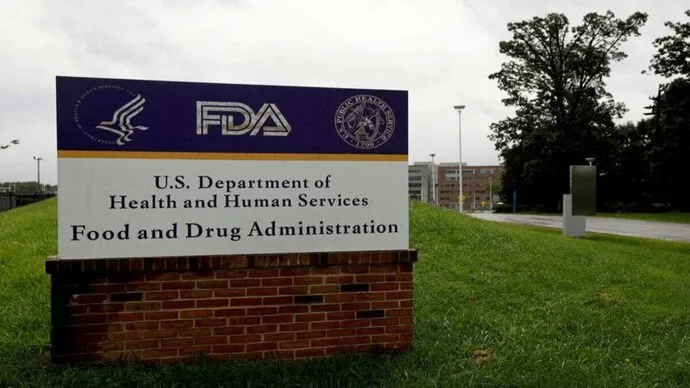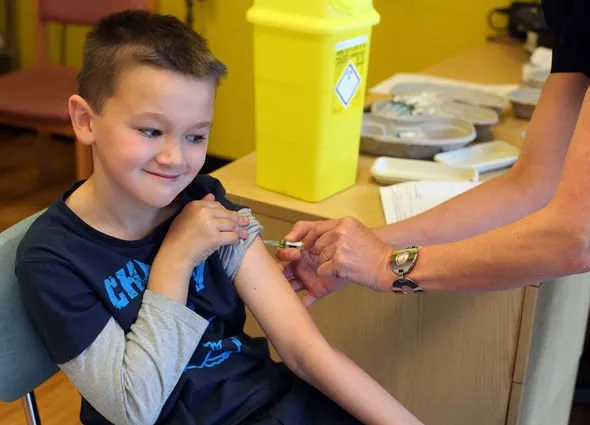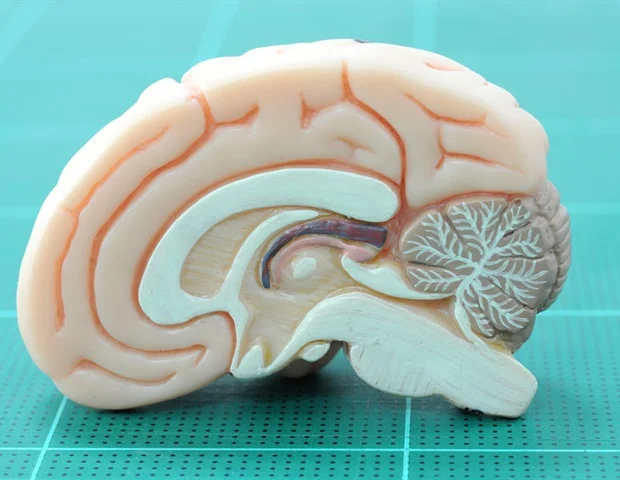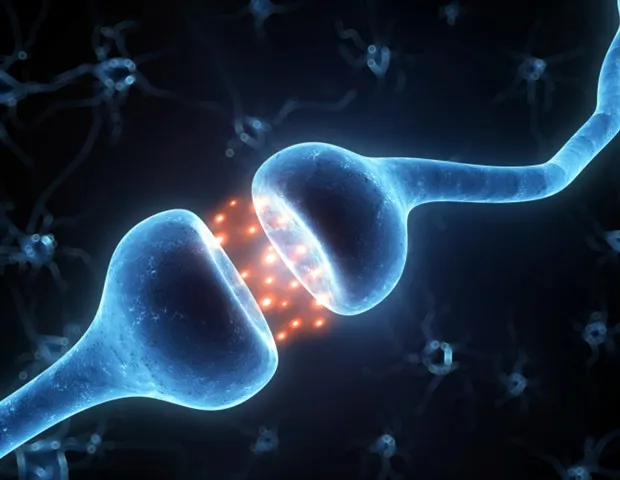Milk teeth start erupting when the baby is around six months old. All the Deciduous teeth (milk teeth) erupts completely till 2 ½-3 years of age. Many people assume that cavities or hygiene of milk teeth is not of much importance as they will shed off eventually but milk teeth are really important for the overall health of the child.
These are some of the reasons behind the importance of milk teeth:
• Loss of milk teeth or painful carious teeth discourages the child to eat or chew food properly which leads to malnutrition in kids.
• A smiling face is a confidence booster. Kids with carious teeth or broken milk teeth sometimes don’t interact confidently.
• Milk teeth guide the eruption of permanent teeth. Permanent teeth may erupt in open space either outward or inward the arch if milk teeth are lost due to caries or trauma.
A common problem associated with milk teeth is nursing bottle caries. This is also called baby bottle tooth decay. It is caused when a child goes to bed with a bottle filled with milk or juice. It usually affects children between the ages of 1 to 2 years. Breastfed infants who fall asleep while breastfeeding are also at risk. Usually, upper and lower front teeth are involved. Light or brown colour spots leads to further decaying of teeth.
PRECAUTIONS AND TREATMENT
• Do not allow your child to take a bottle while sleeping or lying down.
• Take good care of gums and teeth.
• In case of light brown and brown spots, visit a dentist and get a filling done to restore the carious teeth. This will prevent the teeth from further damage.
• Dislocation of teeth due to trauma.
In many cases, a loose tooth will heal without treatment. Injured teeth that are very loose may need to be removed. The dentist will further guide about space maintainers, if necessary, for the proper positional eruption of permanent teeth.
• Fracture of teeth: Children with broken teeth should see a dentist promptly. The dentist will determine if the tooth’s nerves or blood vessels are damaged or not. Treatment may include smoothing the rough edges of the tooth, repairing it with a tooth-coloured resin material, leaving the tooth in place, or removing it.
• Thumb-sucking: If the child is still sucking their thumb even when their permanent teeth begin to come in, the habit can cause a wide range of other problems, affecting teeth alignment and the shape of the roof of the mouth. In that case, a dentist can provide habit-breaking appliances depending on the severity of the habit and its effects.
• Grinding of teeth (Bruxism): Teeth grinding is a common condition among school-aged children. It develops because their top teeth aren’t aligned with their bottom teeth. Another reason could be in response to pain — just as you rub a sore muscle like teething or an earache. It can also be a sign that a kid is experiencing stress or hyperactivity. Nightguards can help keep your child from grinding their teeth as they sleep.
• Over retained deciduous teeth: It may mean delaying in the shedding of milk teeth, delayed eruption of permanent teeth, or presence of both milk and permanent teeth at the same site. In these cases, visit your dentist to rule out the possible cause and treatment related to that.
When is the right time for orthodontic braces or wiring of teeth in cases of crowding or mal-aligned teeth in children?
The best age for an orthodontic assessment of children is around 8-10 year of age. It helps to avoid progressive dental issues, helps in keeping better oral hygiene, and accordingly, braces can be planned after one to five years. For adults, orthodontic treatment can be done at any age.
Some oral hygiene tips for children:
• Baby teeth start to break through the gums when a child is around 6 months but it is important to start good oral care for infants even before the first tooth comes in.
• Wipe baby’s gums with a soft washcloth after feeding. This helps remove the bacteria that can cause tooth decay.
• Once they begin to erupt, brush teeth twice a day for at least two minutes with fluoride toothpaste.
• Use a pea-sized amount of fluoride toothpaste and make sure your child spits it out after brushing.
• Use a small or medium-size brush, according to the kid’s age and change the brush after every three months.
• Help your child brush and floss, and remind him or her to pay attention to the back teeth.
• Visit the dentist every six months.
The writer is a Senior Dentist at AIIMS.













